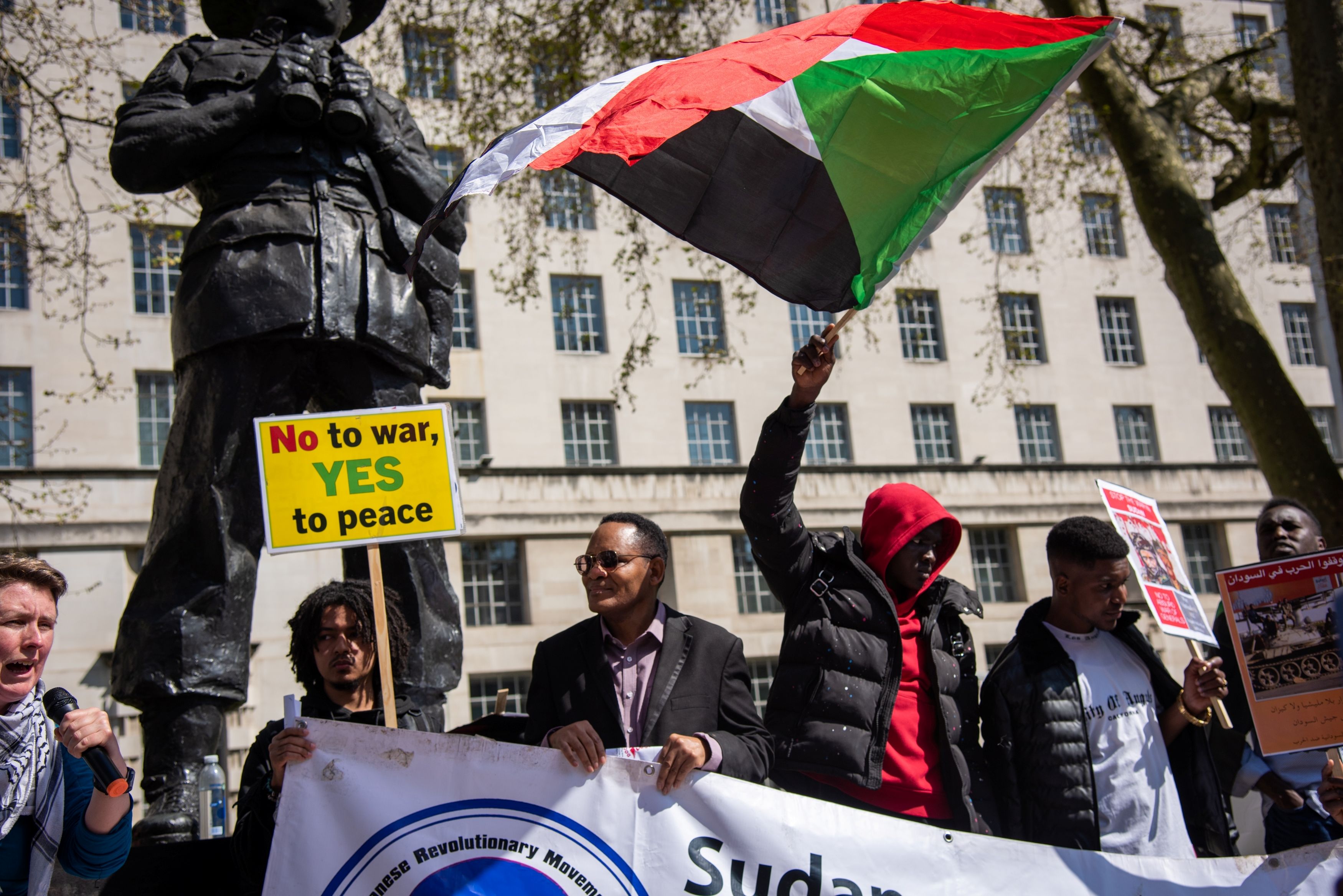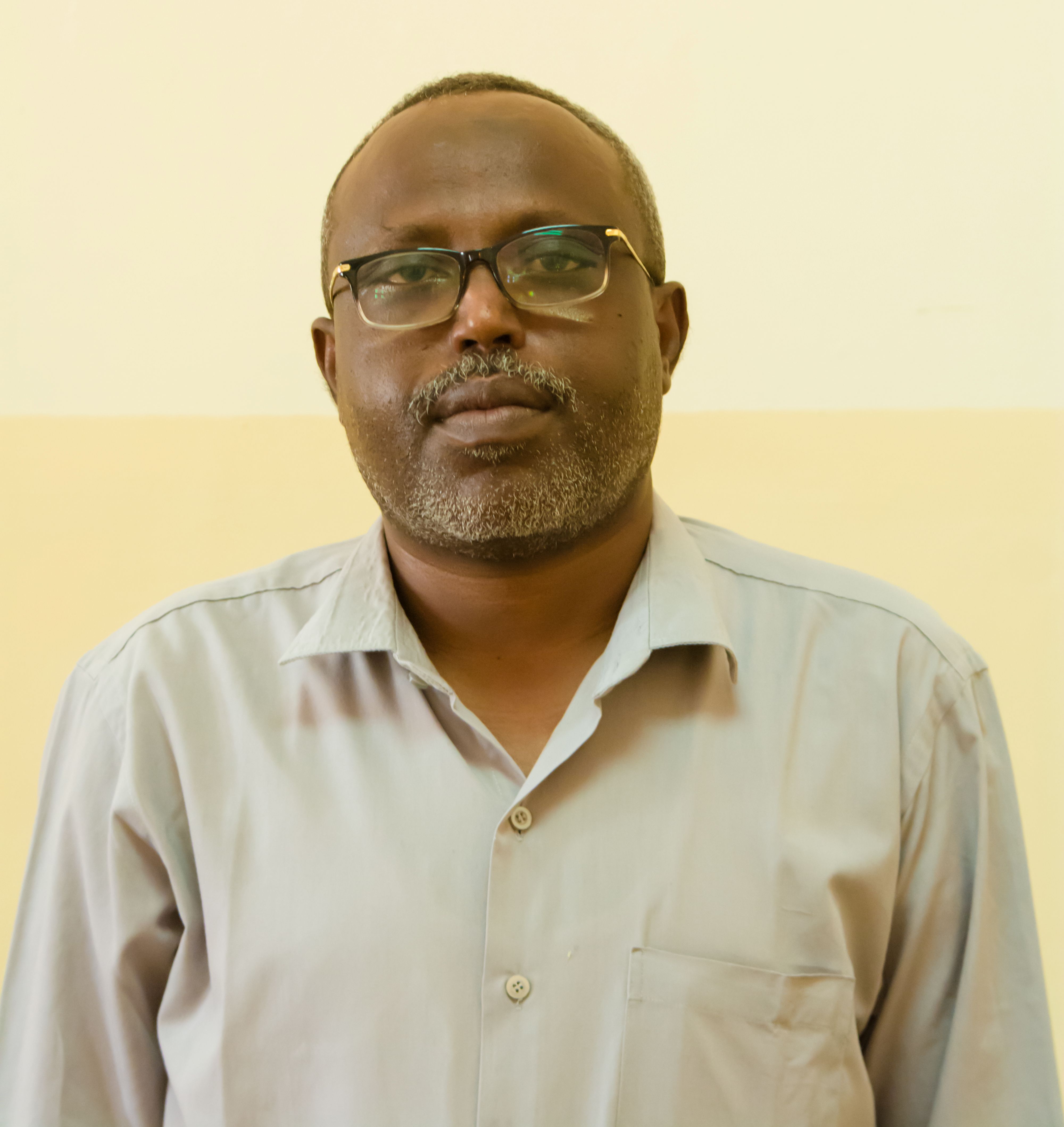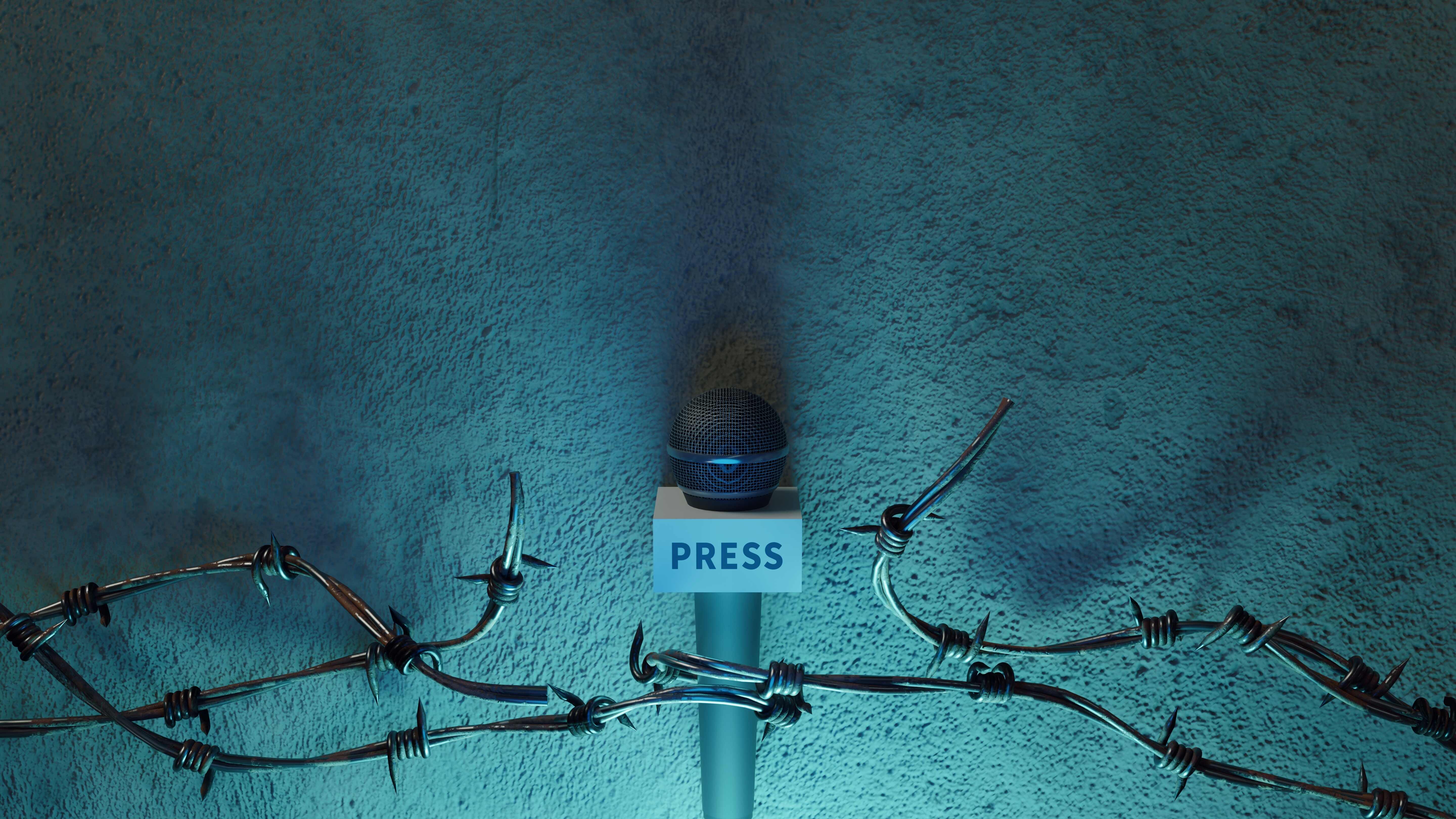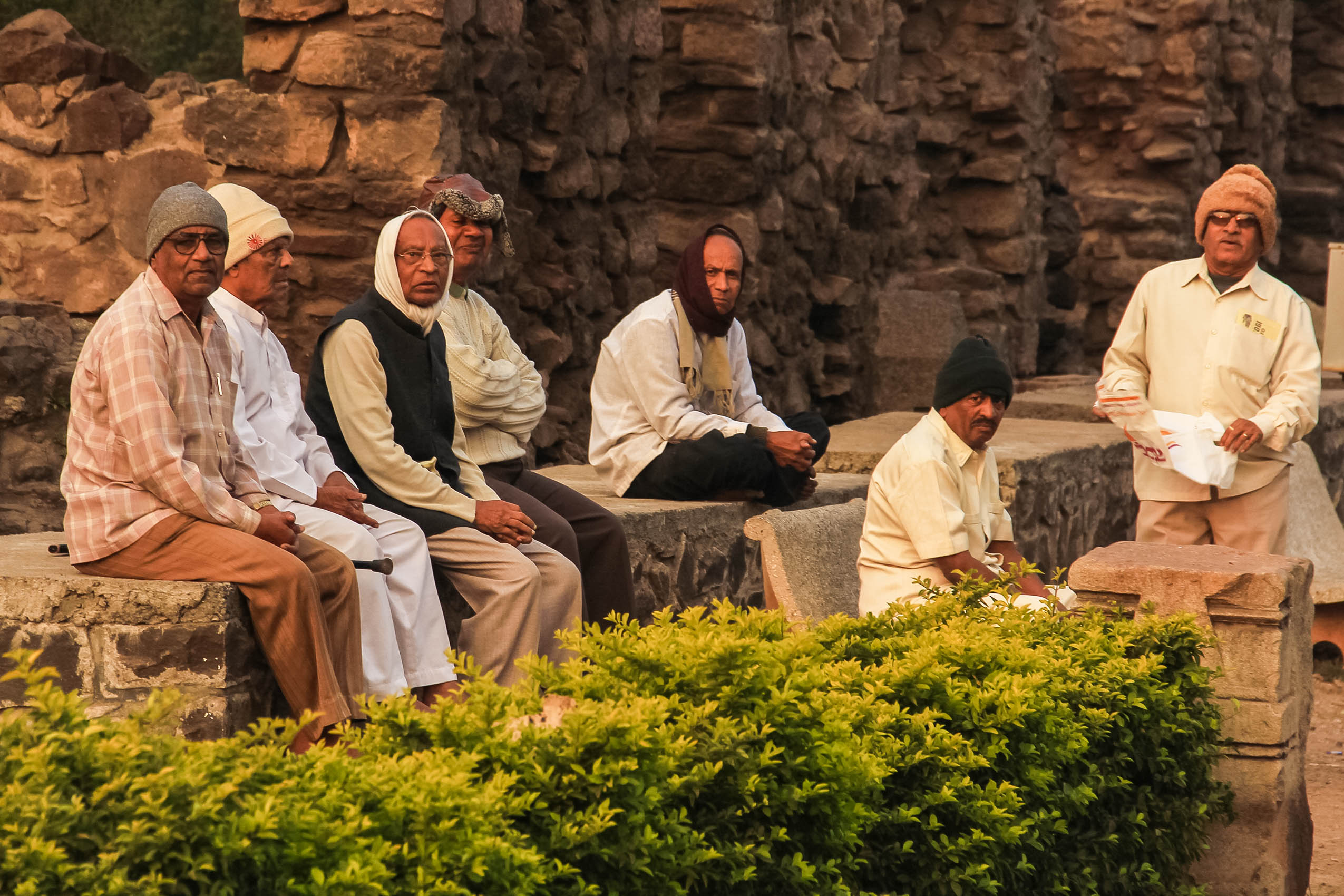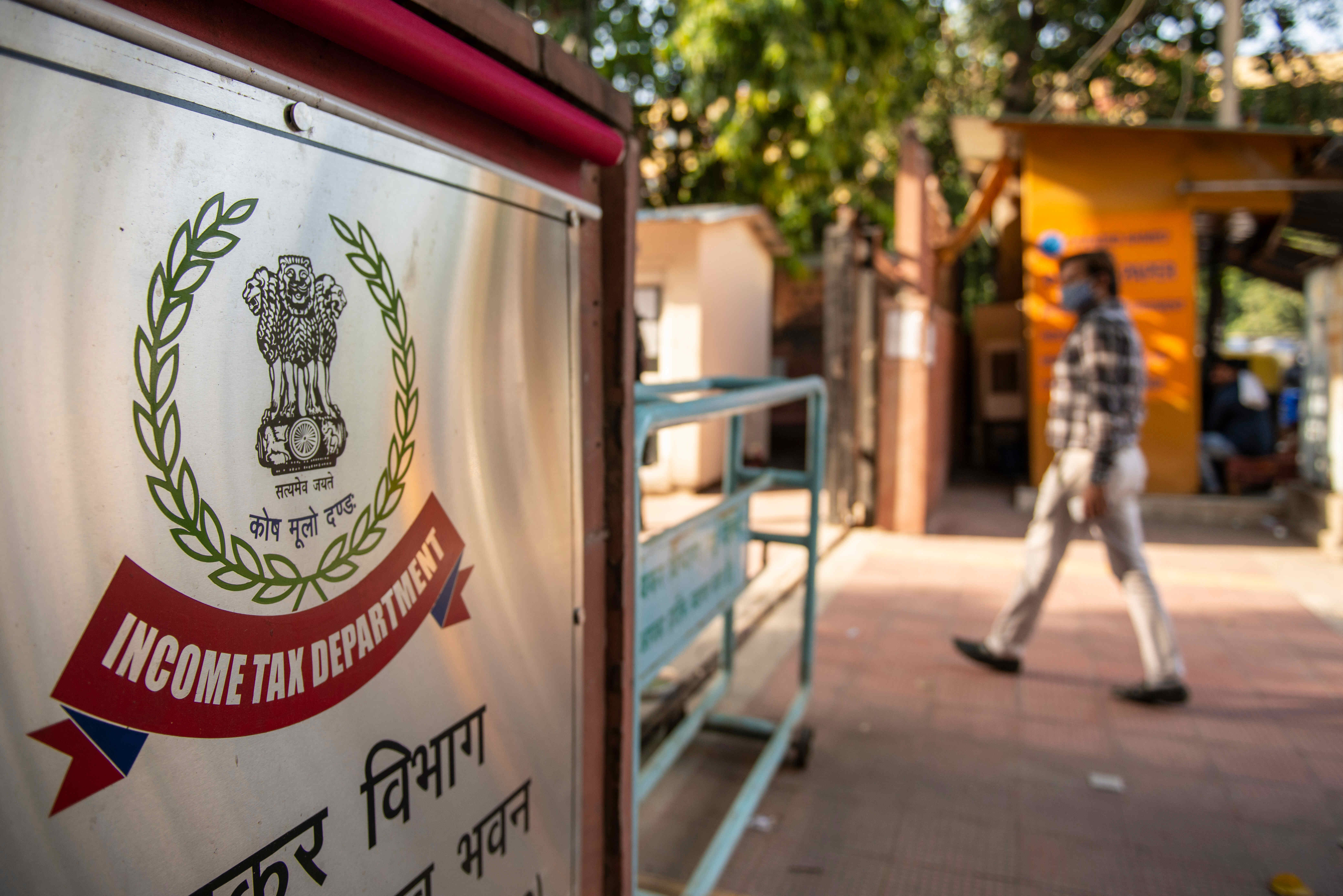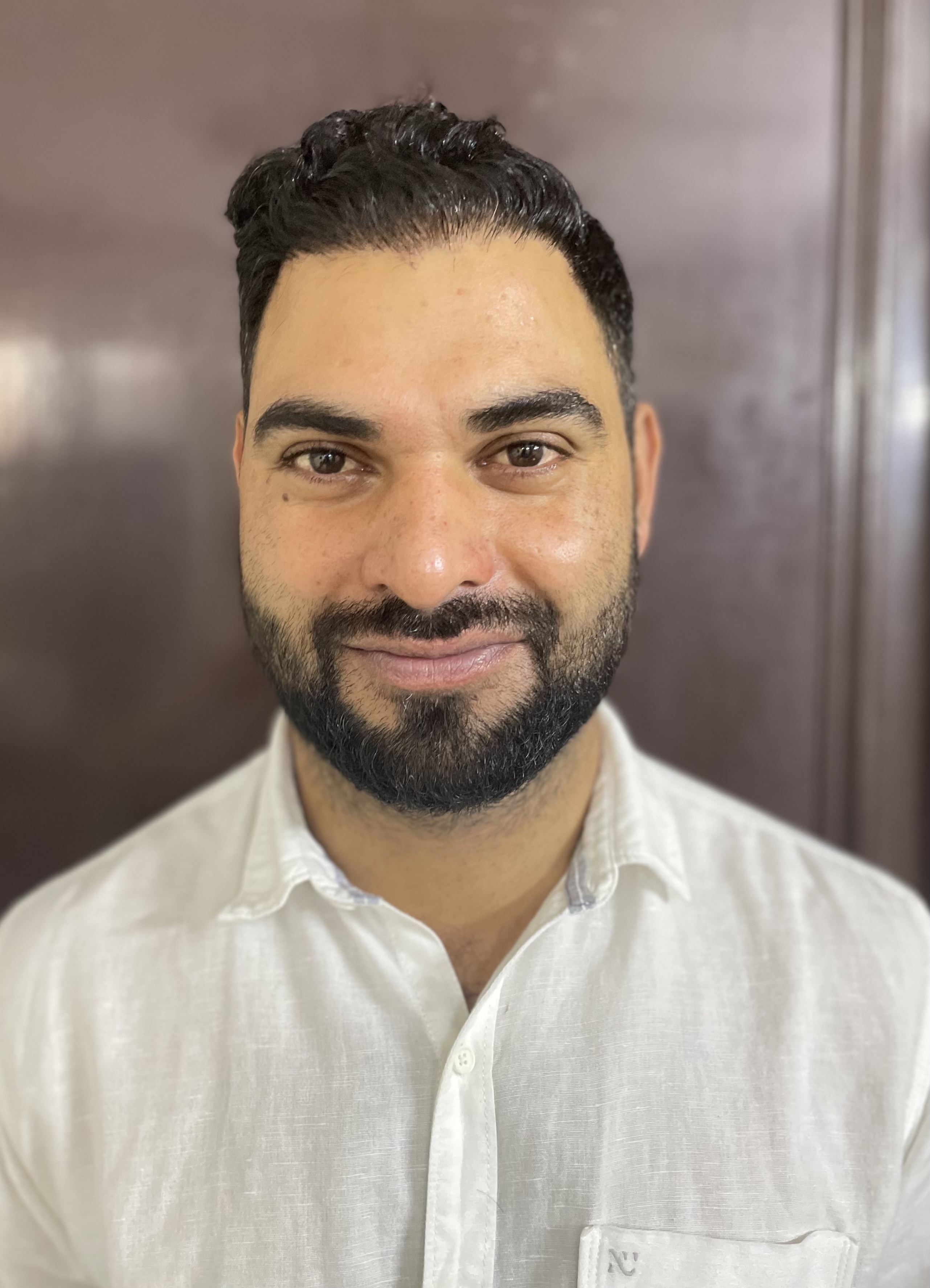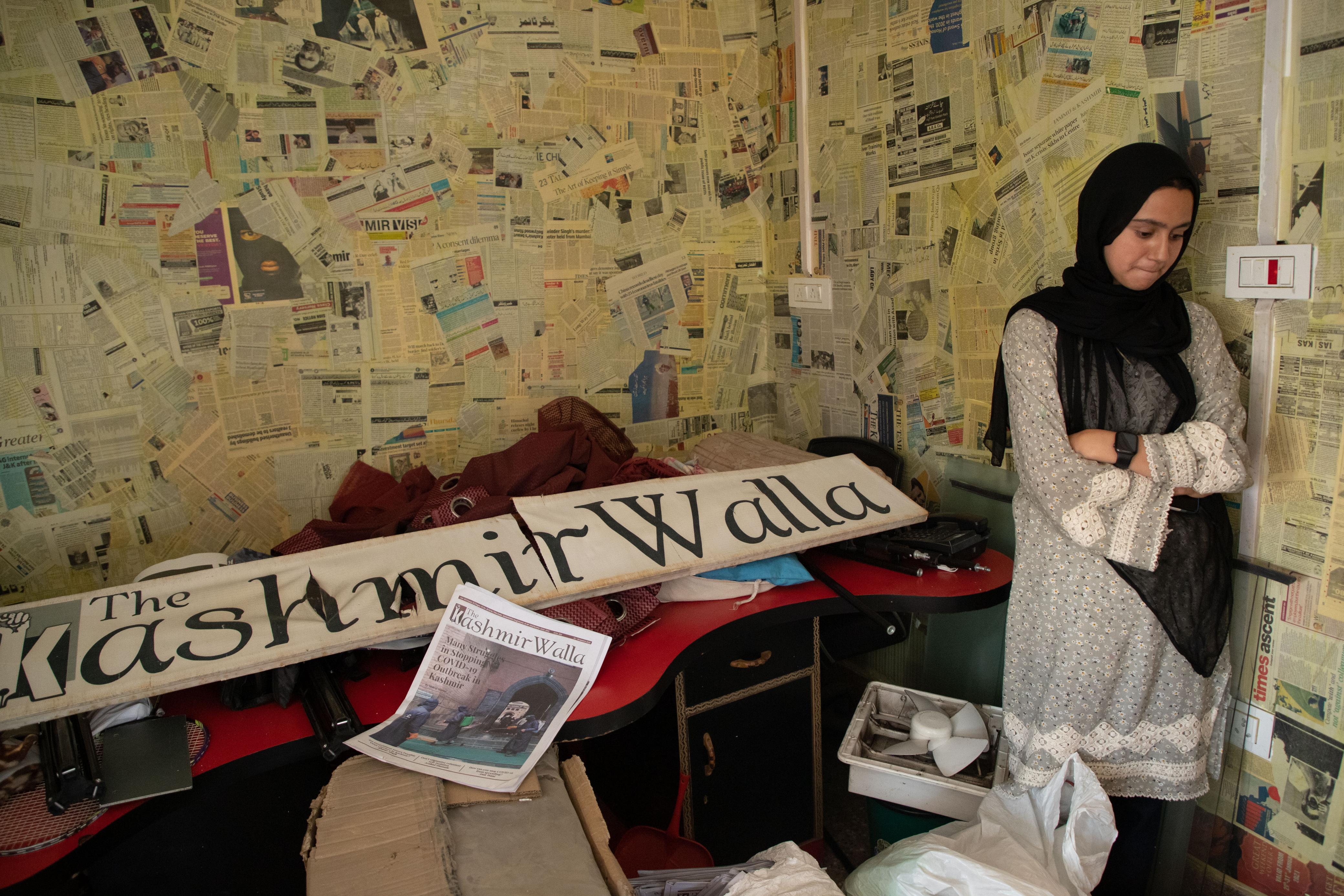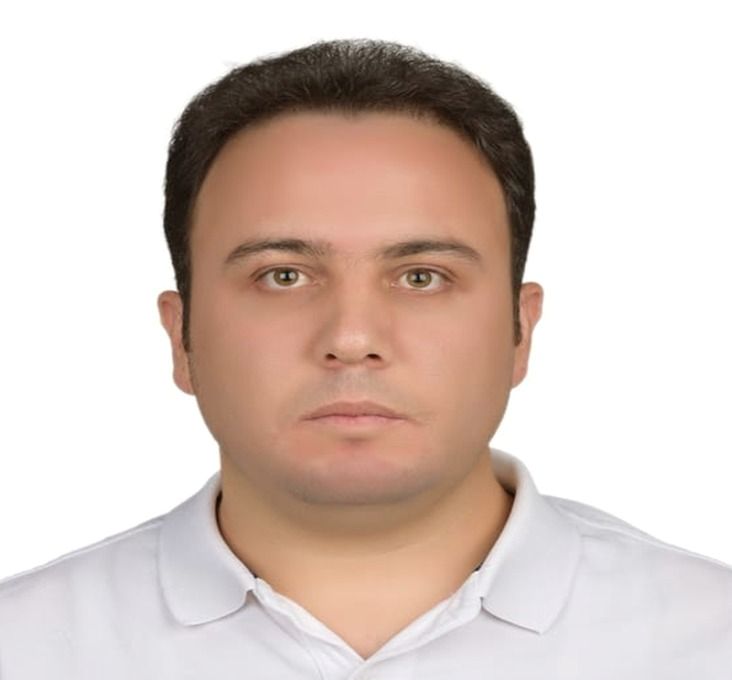Al Jazeera Journalism Review
The Media Landscape in Sudan During the War
The ongoing war in Sudan has dismantled many media institutions, creating a vacuum filled by a vast stream of rumors and false information that has fueled internal conflict. A large segment of the public has turned to social media platforms in search of the truth, while some traditional media outlets continue to operate despite the targeting of their offices and journalists.
Western Media’s Double Standards on Muslim Women’s Suffering
When an Iranian student publicly protested against security forces by undressing, the moment garnered widespread attention in Western media. Meanwhile, even as 70 percent of those killed in Palestine are women and children, this ongoing violence—including the systematic killing, torture, and detention of Palestinian women—receives minimal coverage. This disparity raises urgent questions: How do Western media represent women’s issues in the Islamic world, and to what extent are such portrayals shaped by double standards?
Weaponizing the Law: SLAPPs Against Journalists and Press Freedom
SLAPPs—abusive lawsuits designed to silence journalists and activists—are surging across Southeast Asia, exploiting vague laws and weak protections to punish those who speak truth to power. As legal harassment intensifies, journalists face not only imprisonment and censorship but also emotional trauma, exile, and long-term damage to their careers.
Predicting the Future of Media in 2025
The rise of citizen journalism, the rethinking of long-form content, the evolution of video, and the exploration of AI opportunities are key elements of the media landscape forecast for 2025, according to a report from Harvard University's Nieman Lab.
Monitoring of Journalistic Malpractices in Gaza Coverage
On this page, the editorial team of the Al Jazeera Journalism Review will collect news published by media institutions about the current war on Gaza that involves disinformation, bias, or professional journalistic standards and its code of ethics.
In The Cross Fire: The Perils of Rural Journalism in India's Conflict Zones
In India’s conflict-ridden regions like Bastar and Manipur, local journalists—especially freelancers and women—risk their lives daily to report on corruption, displacement, and state violence, often without institutional support or protection. Their work, largely invisible to national media, exposes a stark reality where telling the truth can cost them everything, even their lives.
How Media Drives Collective Adaptation During Natural Disasters in Oman
This paper highlights how Omani media, during times of natural disasters, focused on praising government efforts to improve its image, while neglecting the voices of victims and those affected by the cyclones. It also examines the media’s role in warning against and preventing future disasters.
Is India Targeting Independent Media Through Tax Status Revocation?
In a move that’s sent shockwaves through India’s independent media landscape, tax authorities have revoked The Reporters’ Collective's non—profit status, claiming journalism doesn’t serve a “public purpose.” Critics warn this unprecedented action, echoed in similar crackdowns on other outlets, is part of a broader campaign to throttle investigative journalism and stifle dissent financially.
Western Media Bias and Complicity with Israel is Beyond Borders
Once again, Western media framed civilians within the context of "collateral damage" while covering Israeli attacks on Syria. The language of international law was absent, and the tragedy of civilians affected by military strikes was completely obscured, while justifications and cover for the occupation prevailed under the banner of "maintaining national security."
Rise and Fall of Kashmir’s First Independent Magazine, Kashmir Walla
Jailed, silenced, and erased—how a fearless journalist built Kashmir’s most vital independent news platform, only to see it brutally shut down by the state. The Kashmir Walla, known for its bold coverage of politics, conflict, and human rights, became too powerful to ignore—so they ensured it disappeared.
Misinformation in Syria: Natural Chaos or Organised Campaign?
Old videos inciting “sectarian strife,” statements taken out of context attacking Christians, scenes of heavy weaponry clashes in other countries, fabricated stories of fictitious detainees, and a huge amount of fake news that accompanied the fall of Bashar al-Assad’s regime: Is it the natural chaos of transition or a systematic campaign?
The Sharp Contrast: How Israeli and Western Media Cover the War on Gaza
Despite being directly governed by Israeli policies, some Israeli media outlets critically report on their government’s actions and use accurate terminology, whereas Western media has shown complete bias, failing to be impartial in its coverage of Israel’s aggression in Gaza.
Journalists in DR Congo Face New Threats, Censorship in a Decades-long Conflict
Countless journalists have been arbitrarily arrested, kidnapped or have disappeared in the fog of the protracted war tearing the eastern Democratic Republic of Congo apart. The renewed M23 offensive augurs a more uncertain future for these ‘soldiers of the pen’.
International Media Seek Gaza Access; What Do Palestinian Journalists Say?
As international media push for access to Gaza, Palestinian journalists—who have been the primary voices on the ground—criticize their Western counterparts for failing to acknowledge their contributions, amplify their reports, or support them as they risk their lives to document the war. They face systemic bias and exploitation, and continue to work under extreme conditions without proper recognition or support.
Journalism and Artificial Intelligence: Who Controls the Narrative?
How did the conversation about using artificial intelligence in journalism become merely a "trend"? And can we say that much of the media discourse on AI’s potential remains broad and speculative rather than a tangible reality in newsrooms?
